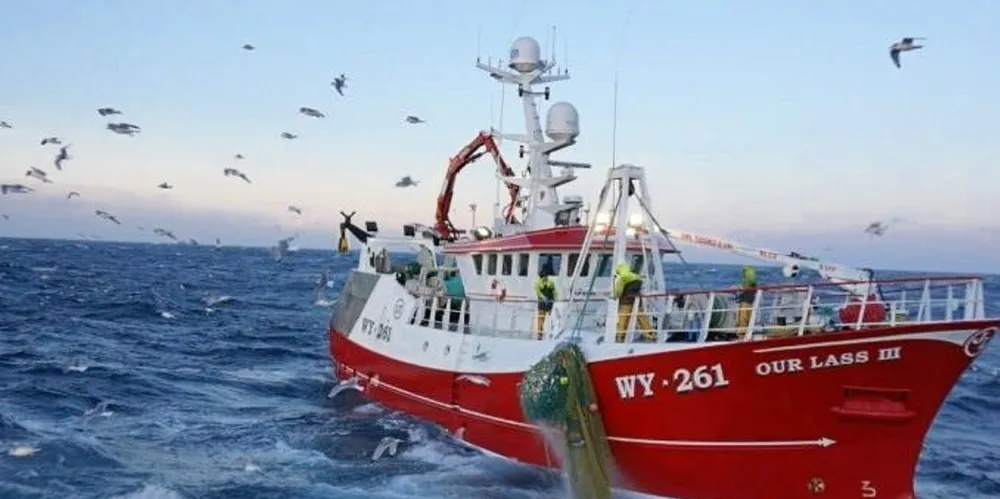Response to Russia's invasion of Ukraine created uneven playing field for EU seafood sector, report says
MAC wants the EU to continue to implement measures to mitigate the impacts faced by the sector, particularly in terms of energy, fuel and raw material costs.
